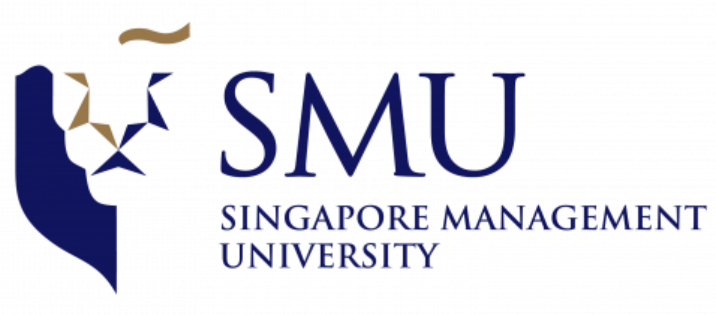Thanks to its vibrant international atmosphere and steady economy, there are plenty of exciting jobs for business school graduates in Singapore.
With its growing GDP—up by 3.1% in 2018—new jobs are constantly being created. In fact, employment numbers have been on the rise since 2010, and the government aims to create at least 25,000 new jobs each year.
In this landscape, companies need the skills and insights that business school graduates can offer. But where can you find the most in-demand jobs in Singapore right now?
Here are five of the most promising areas for business school graduates in the country today.
1. Traditional Finance Stays Strong
Home to 127 banks and over a thousand financial institutions, Singapore is a top destination for grads with a flair for finance.
The Singapore government’s pro-business stance and effective regulation has allowed the country to come out on top as one of the world’s financial centers, ranking fourth on the Global Financial Centers Index.
Investment banking and wealth management are two of the major financial activities, with ample opportunities for business school graduates to find their place.
The curriculum taught at Singapore’s business schools reflects this. At Singapore Management University (SMU) for example, Master of Science in Management (MiM) students can equip themselves with skills in finance specifically, through elective modules in investment banking, equity analysis, and sustainable finance.
After graduation, skills like these will help set them up for jobs in the country’s second largest industry.
2. FinTech boom creates more jobs for grads
Alongside the more traditional institutions, you’ll also find disruptive fintech companies from PayPal to Kickstarter setting up shop in Singapore, bringing fresh opportunities with them.
In fact, Singapore houses about 450 fintech startups, and is Asia’s third largest fintech market by funds. Recently, the government announced it was to issue virtual banking licenses, which will allow digital banks to operate without physical branches.
All this development is creating numerous roles for graduates. In a recent survey of Singapore’s fintech companies, 94% planned to expand their workforce. Of these hires, business development, sales, and marketing roles were the most sought after.
To succeed in this sector, they will need a good understanding of how new developments can be successfully applied to business.
At SMU, students undertaking the MiM, MBA and MSc in Innovation (MI) programs can choose to take ‘Innovation Management’ as an elective module.
This helps students to familiarize themselves with the tools and processes companies can use to leverage new developments in tech.
3. Consulting shifts towards tech
Working for a consultancy lets business school grads experience different sectors, build their network, and travel the world.
For these reasons, it’s a popular sector, and in the Asia Pacific region business is booming. In 2018, the region’s consulting industry grew by 6%, reaching a record valuation of $50 billion.
Much of this growth was driven by tech and risk consultancy—the country’s most in-demand consulting services in 2015 as more and more companies invest in digital transformation.
Consultancies like CrimsonLogic, IMB Consulting, and TCS, all provide these services in Singapore.
If you’re hoping to take advantage of Singapore’s consulting scene, you’ll need some hands-on experience. To help students into this industry, local business schools are placing practical experiences at the heart of their curricula.
At SMU, MiM students have the chance to apply what they’ve learned in the classroom to a final project or at a company to gain work experience. They could either take on a full 20-week internship or do a combination of the Consulting Practicum (SMU-X) and an internship of 10 or 20 weeks.
4. A hotspot for AI investment
According to fDi Intelligence rankings, Singapore is the most attractive city in the world for investment in AI and robotics.
Earlier this year, e-commerce giant Alibaba opened an AI research center in the country, focussing on topics like natural language processing, cloud computing, and machine learning.
Salesforce, YITU, and Adatos AI have also jumped on board, selecting Singapore as the base of choice for their AI research.
Along with these giants, the country also hosts a number of AI startups, from risk management platform, ChasShield, to healthcare optimizer Ucare.ai.
As AI technologies develop, opportunities emerge for savvy graduates to leverage their business acumen to help AI firms leverage new breakthroughs, and grow.
5. Making the most of big data
Singapore is a big data hub in Southeast Asia, home to a data analytics market worth at least $1 billion every year. By 2022, analytics services are predicted to reach a global value of $27 billion.
In this environment, organizations need data scientists, analysts, and professionals who know how to visualize data.
That’s where the country’s business schools come in. Institutions like SMU are equipping their students with the tools they need to bring data analytics into their decision-making process.
Modules like Consumer Analytics and Business Analytics & Quantitative Methods help students develop their data management abilities.








